This concern stems from the UK's plans to introduce a Border Carbon Adjustment Mechanism (CBAM) similar to that introduced by the European Union.
Indian officials have stated that they want the FTA to include provisions requiring bilateral consultations with New Delhi before any CBAM-like measures are introduced. This will give India the opportunity to negotiate exemptions or discounts on its exports.
However, UK officials have expressed reluctance to accept India's demands, arguing that no decision has been taken on the implementation of CBAM. They also suggested that India's concerns were premature as the EU's CBAM was not yet fully operational and its impact on India's exports was still uncertain.
India has already spoken out against the EU's CBAM program in the past, arguing that it unfairly targets developing countries and could harm the steel industry. The country has threatened to challenge CBAM at the World Trade Organization (WTO) if it considers the measure discriminatory.
The UK CBAM is expected to come into force in 2026, at the same time as the implementation of the EU CBAM. The UK government has stated that the CBAM is necessary to protect domestic industry from competition from countries with less stringent environmental regulations.
The ongoing FTA negotiations between India and the UK are expected to be challenging; The CBAM issue is also likely to be a major sticking point. Both sides will need to find a compromise that addresses India's concerns while also protecting the UK's environmental objectives.


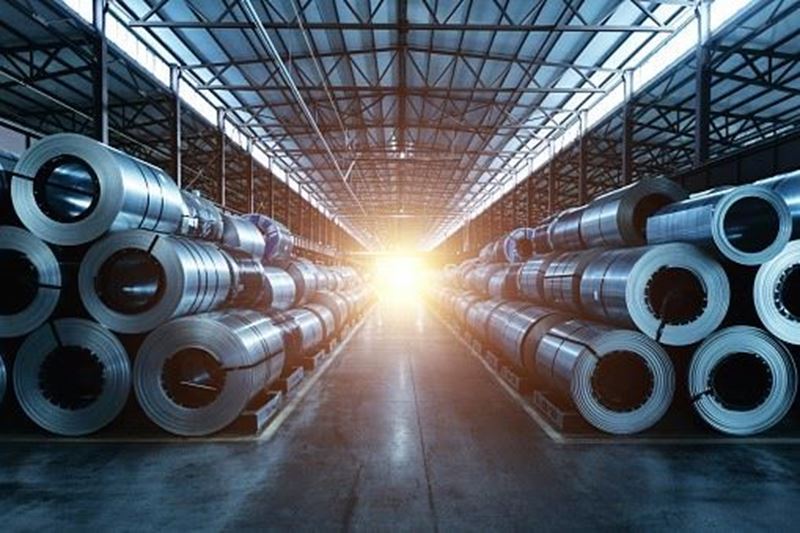

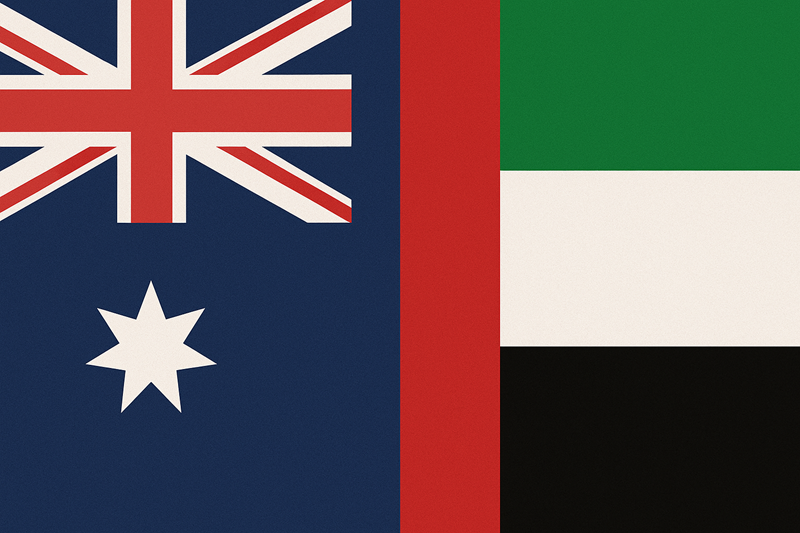
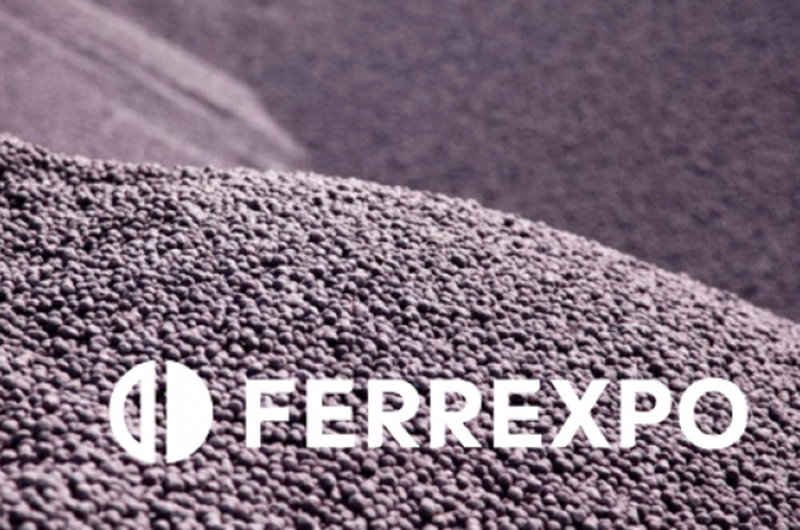
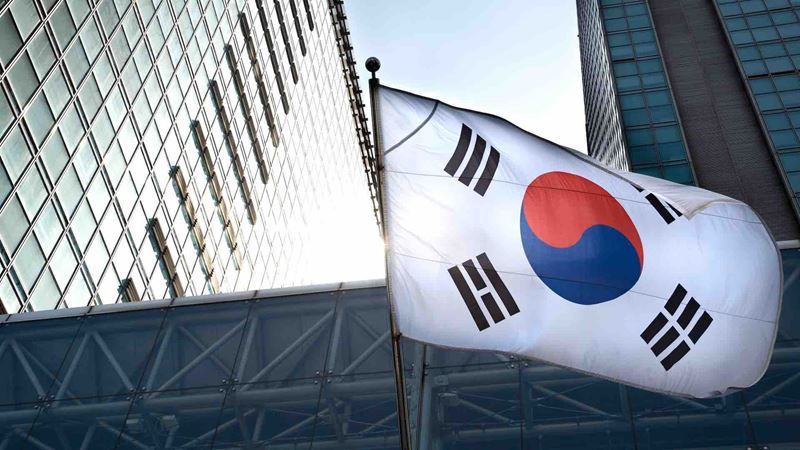
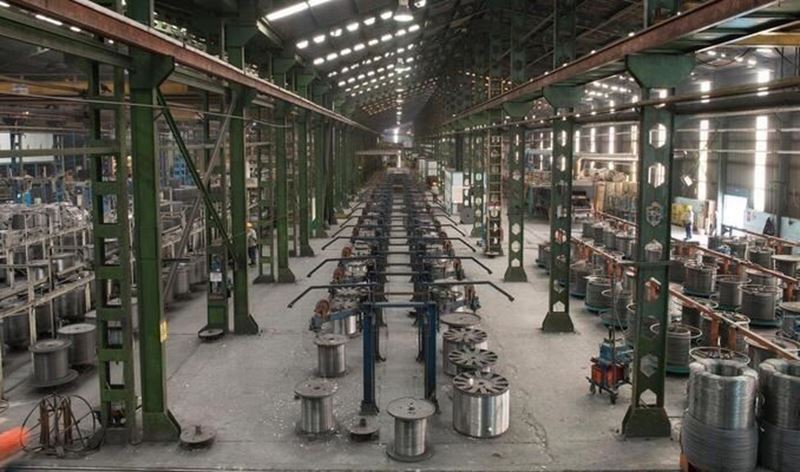



Comments
No comment yet.